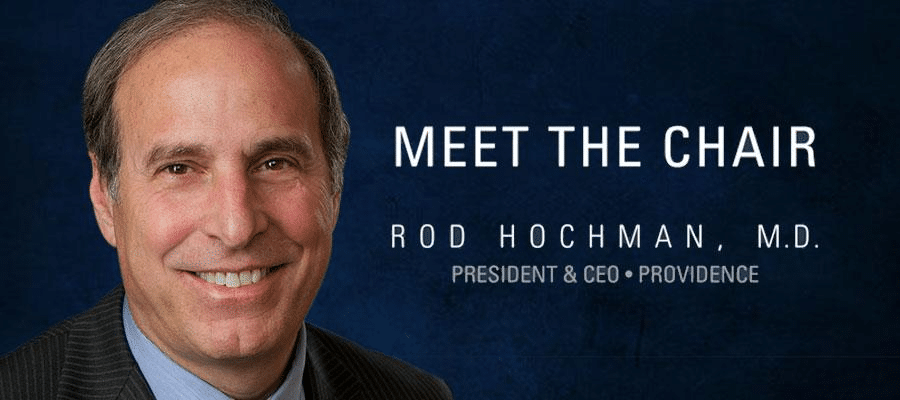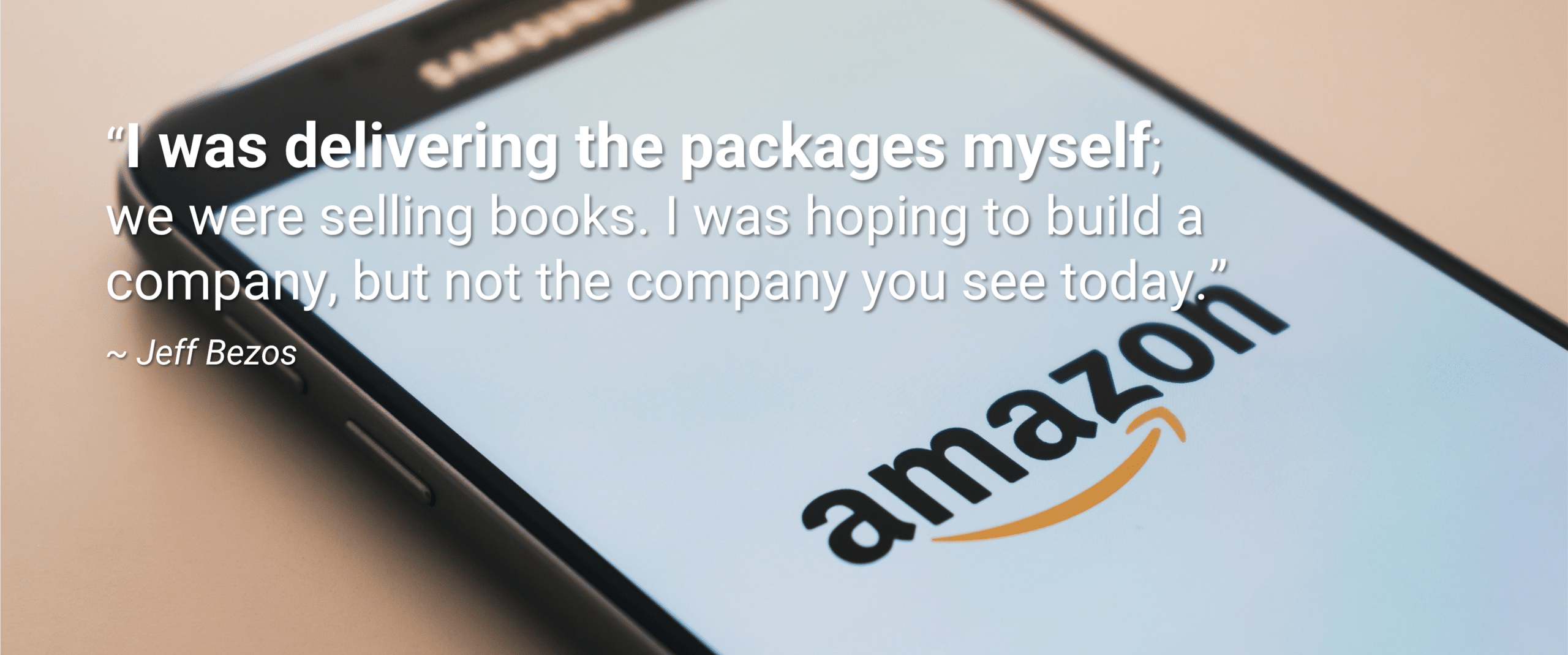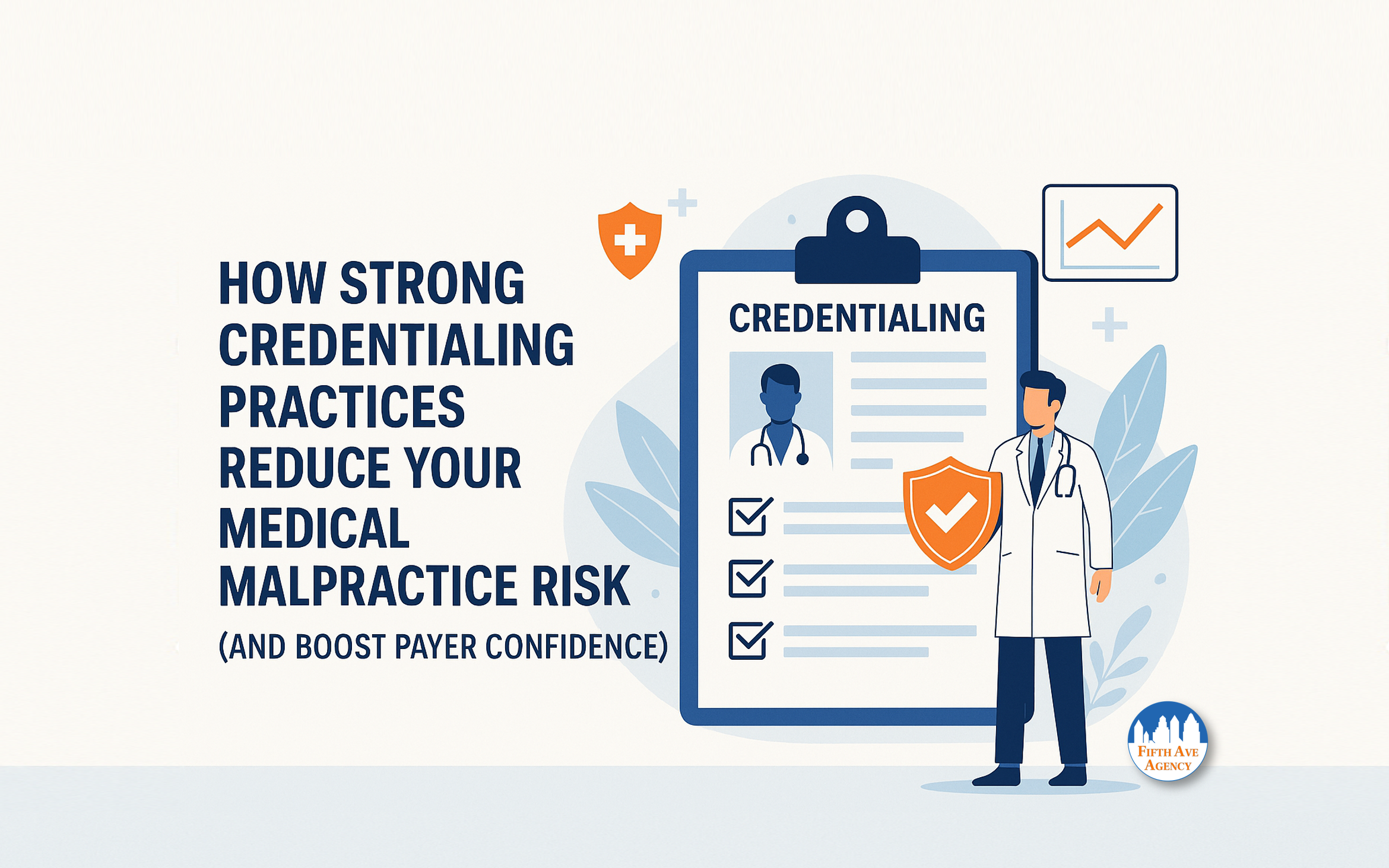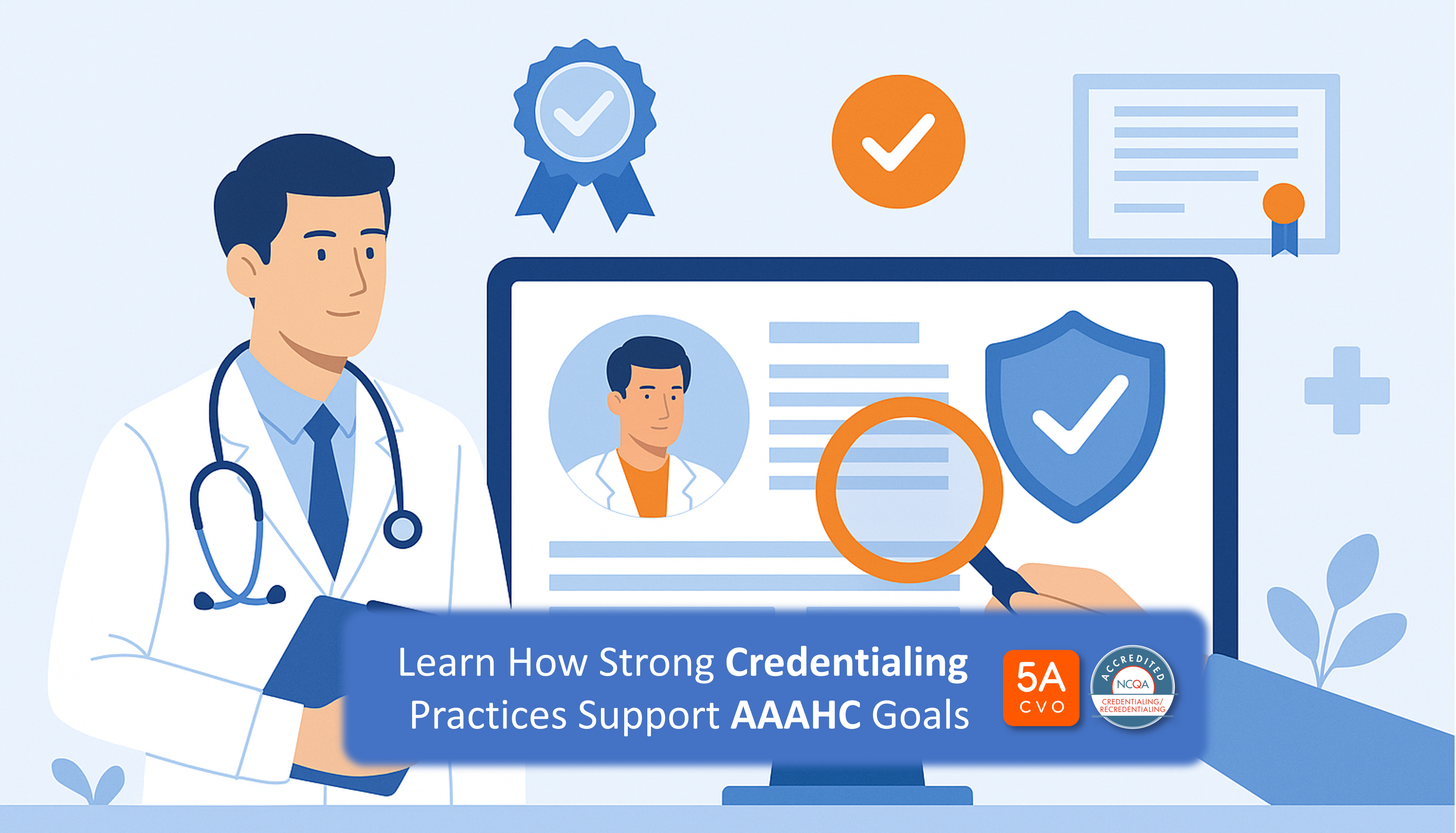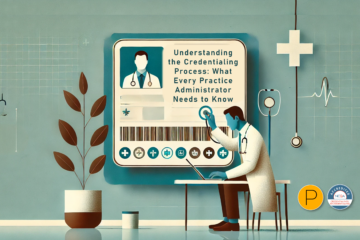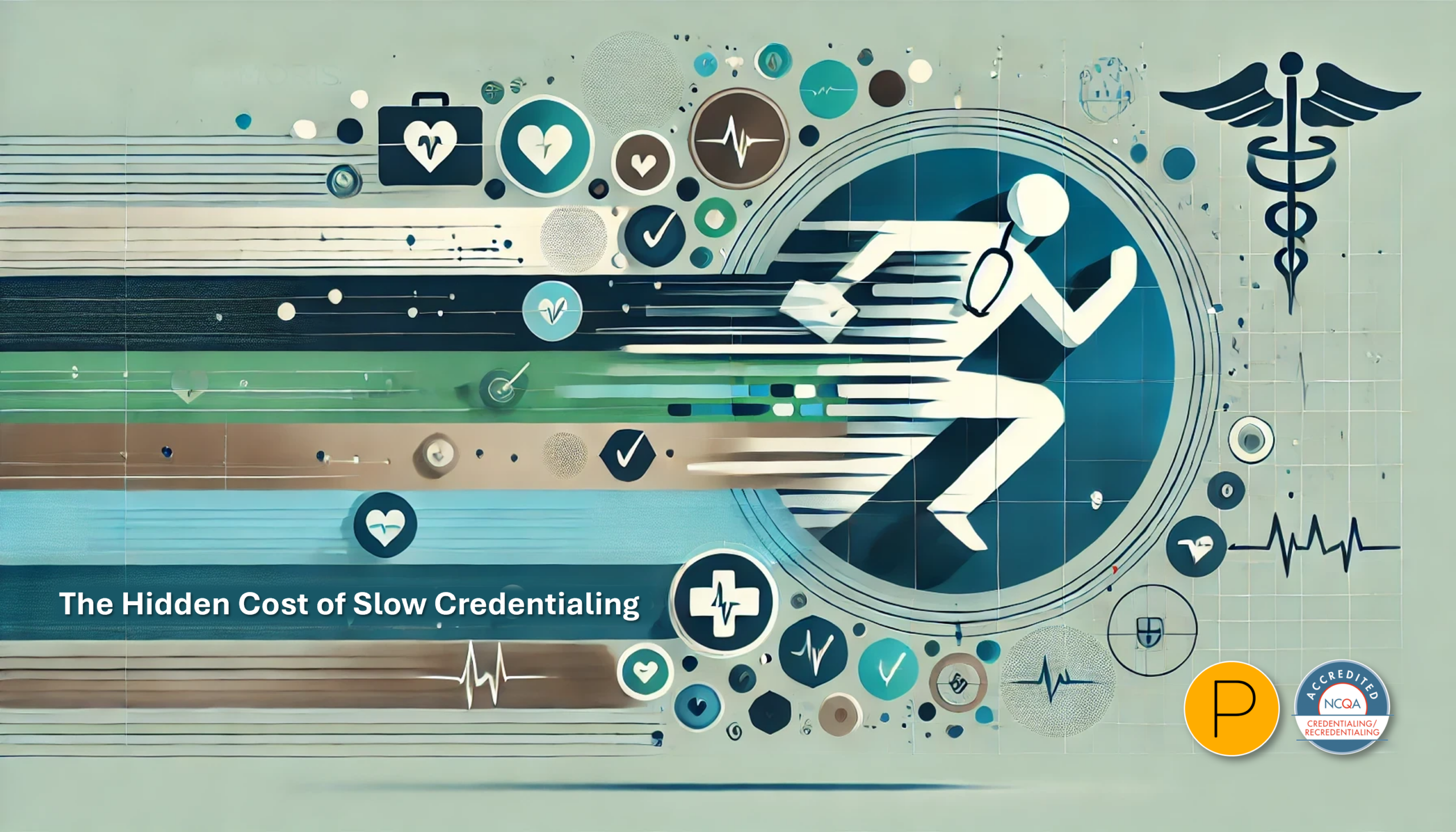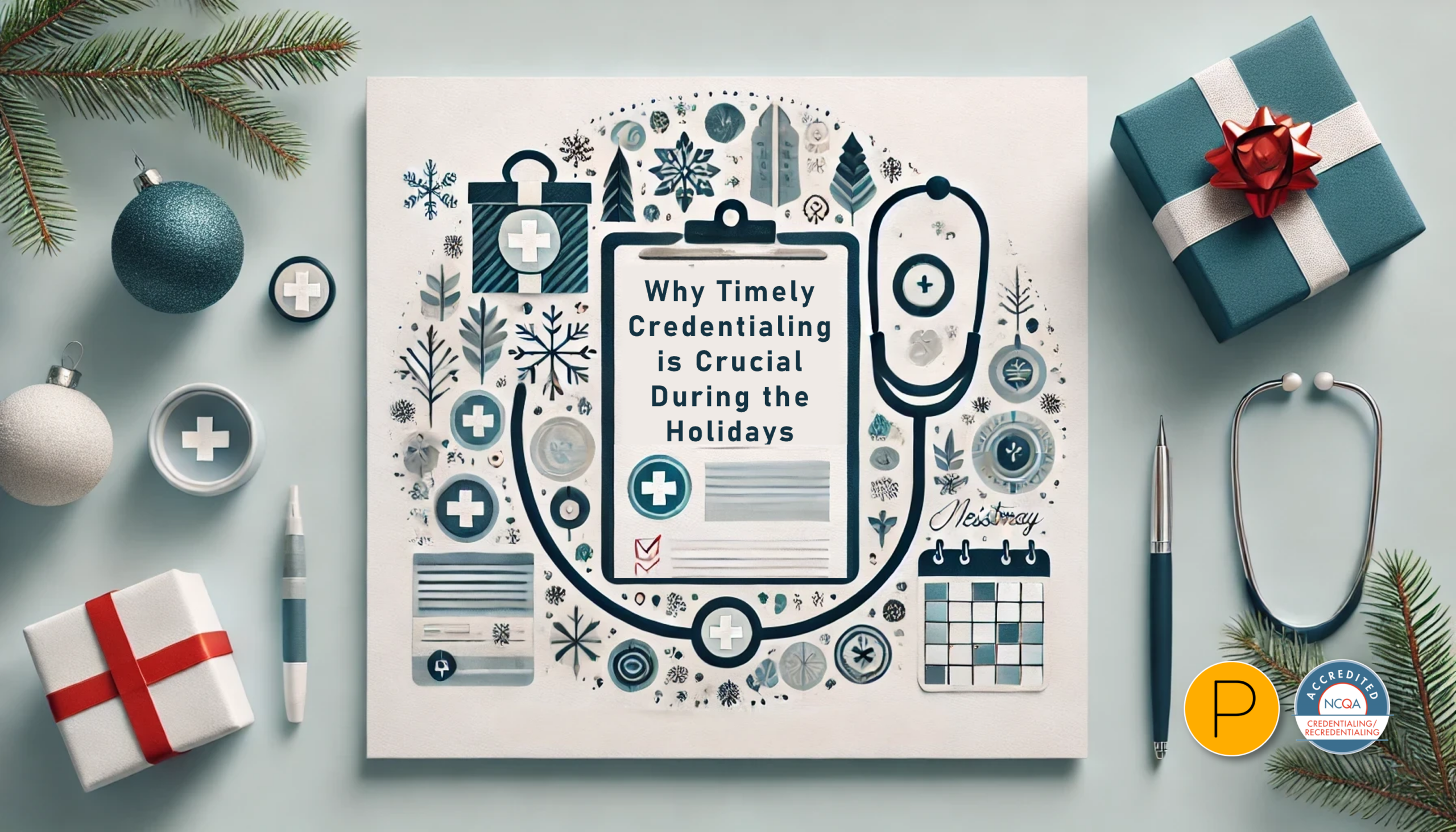Credentialing is a complex process with a lot of moving parts. Given the nature of the medical industry, there can be some severe results if a significant error occurs. Therefore, getting things right is crucial, and the first step is ensuring you have a highly effective credentialing team.
What should you look for, whether you are managing a credentialing team, building a new team, or looking to outsource and partner with a credentialing team? What qualities have the potential to separate a decent credentialing team from a great one?
Quality Defining Credentialing Team Traits
Three qualifications stand out as an integral component of a great credentialing team. They are Experience, Expertise, and lack of Ego (or the ability to manage it).
Training employees to become better credentialing professionals by gaining experience, honing their expertise, or managing their ego can be costly and time-consuming. There are several advantages to partnering with an existing credentialing team with these characteristics below and a positive history of producing solid results.
Let’s consider these three prime traits when handling your credentialing needs.

1. Credentialing Team Trait: Experience
One of the primary ingredients in cooking up an amazing credentialing team is experience. NAMSS requires a credentialing specialist seeking the CPCS certification to have at least three years of experience out of the last five years in the medical services industry.
Additionally, NAMSS requires at least twelve consecutive working months out of the past twenty-four months in the medical industry. These are experience minimums. Most of our employees on our team have 10+ years of experience. Experience is essential.
Mercer finds experienced employees yield the following:
- they lower costs because they are less likely to leave,
- experienced supervisors, tend to retain, develop and engage more junior employees and decrease voluntary leave on the teams they manage,
- they increase the productivity of those around them through knowledge sharing,
- they strengthen group cohesion, collaboration and resiliency, and
- they enable innovation and improve customer connection.
Experienced credentialing team members will have undergone successes and have had the opportunity to learn from past scenarios, using this knowledge to navigate the paperwork complexities that come with the job. If the credentialing team doesn’t have enough experience, they may miss subtle details that a more experienced professional would notice.
A medical professional with no prior credentialing experience will struggle more to accomplish the same task. That’s why our credentialing team includes healthcare professionals familiar and comfortable with the credentialing process. We value the experience so highly that 63% of our credentialing team have 10+ years of experience, and the entire Fifth Avenue Healthcare Services team brings 385+ years of combined healthcare industry experience to the table.
To show just how important it is for a credentialing team (and each member) to have prior experience to learn from, take a look at Dr. Rod Hochman, President and CEO at Providence St. Joseph Health (PSJH) and Chair of the American Hospitals Association. Dr. Hochman has over three decades of experience, having worked in the medical industry since 1984.
Dr. Hochman’s vast experience has provided him with continuous opportunities to grow and expand his leadership development. He has served in executive leadership in countless hospitals and health systems and recently won the 2019 Gail L. Warden Leadership Excellence Award.
Under his experienced leadership, he recently saw revenue grow from $12B to $24B at Providence St. Joseph Health.
“Dr. Hochman is a bold leader, who has used his intellect and curiosity to improve and innovate healthcare, and to take it one step further by using healthcare to improve the community,” NCHL President and Board Chair Tim Rice said. “His influence on healthcare can be seen through his board leaderships, such as the American Hospital Association and the Catholic Health Association, as well as developing and nurturing Providence St. Joseph’s caregiving team. He is a leader who believes in his people and then empowers them to do their best work, creating an environment that fosters accountability and excellence. As an outspoken advocate on critical social issues and leading change in healthcare’s future, Dr. Hochman is improving the field with significant and lasting contributions.”
His experience of 35+ years has been invaluable. We must invest in our credentialing team, whether they are starting as a three-year specialist or are one of our tenured staff. Experience is difficult to find and must be nurtured as the right credentialing team’s experience will yield a return on investment over the long term.
2. Credentialing Team Trait: Expertise
There is a critical difference between experience and expertise: Experience is knowledge or skill acquired over time. Expertise is knowledge or skill gained irrelevant of number of years but rather from practice.
When it comes to credentialing, there can be severe consequences if an error, intentional misinformation, or lack of information causes issues down the road. Negligent credentialing and the possibility of lawsuits stemming from it is a real risk to any healthcare organization. That’s why getting a team that has credentialing expertise is essential.
CEO of Amazon, Jeffrey Bezos is an example of what having the right expertise can do for an organization. Jeff is a practical example of someone gaining expertise in their field through practice. He started the company in his garage in 1994 and, at one time, even delivered packages himself!
“What’s actually happened over the last 25 years is way beyond my expectations. I was delivering the packages myself; we were selling books. I was hoping to build a company, but not the company you see today,” stated Bezos.
This 57-year-old entrepreneur has learned more about his field and rocketed further ahead of anyone else in his industry. Bezos was only thirty years old when his company was founded. Regardless of age, he’d gathered enough skill and expertise in his expertise that Amazon has become a household name and dominates the eCommerce industry.
3. Credentialing Team Trait: Lack of Ego (or ability to manage it)
Another essential ingredient to having an efficient team is having credentialing members with the ability to manage their ego or have the necessary humility to get the job done. An out-of-control ego puts self-perception before results. Those with a large ego are often belligerent and unwilling to listen to feedback. These traits make progress stagnate and increase the probability that credentialing may fail.
A great example of an accomplished healthcare professional that understands the value of managing ego is Karen Lynch. In 2015, Karen Lynch became Aetna’s first female president in Aetna’s 160-year history, and Lynch credits others in her rise to that position, most notably the Aunt that raised her:
Mrs. Lynch’s mother died by suicide, and her father was absent. Karen came from hard, humble beginnings and has learned to value and communicate with every healthcare employee at all levels within her organization.
She is now EVP of CVS Health and ranked #6 on Modern Healthcare’s Most 100 Influential People in Healthcare; she continues to possess a keen self-awareness, strides for humility, and is known to keep her ego in check.
Ego, or the lack of ability to manage it, can quickly derail your credentialing team’s efforts and come at a potentially high cost. Karen Lynch has proven the value of keeping one’s ego in check while continuing to do amazing things for the people she serves and the healthcare community.
3 Bonus Quotes On The Importance Of Managing Ego
John Maxwell, Warner Music Group, and Terra Staffing Group write about how ego can wreck one’s legacy, erode employee effectiveness, and consume 25% of an employee’s annual work time. See below for quick quotes from each.
The John Maxwell Company writes about the importance of burying one’s ego, stating “leaders who are overly concerned with self-promotion eventually wreck their legacies. And, in their efforts to exalt themselves, they often end up looking ridiculous.”
“The ego is one of the biggest barriers to people working together effectively. When people get caught up in their egos, it erodes their effectiveness,” SVP & Chief Transformation Officer at the Warner Music Group.
“…ego-driven behavior [it] comes at a significant cost to their organizations. We now know it can easily consume up to three months per year of each employee’s time” writes Terra Staffing.
Experience and expertise come at the cost of commitment to learning credentialing through time and practice in the field. Learning to minimize or manage ego is an often-difficult challenge that cannot always be learned; it is critical to invest in the right credentialing team that understands this and puts this into practice. Recruiting, training, and investing in these attributes are imperative for a highly effective credentialing team.
More information about 5ACVO
5ACVO is a NCQA Credentialing Accredited specializing in credentialing and primary source verification and is part of the Fifth Avenue Healthcare Services family. 5ACVO sister companies include Fifth Avenue Agency (MPLI and medical malpractice insurance specialists) and Primoris Credentialing Network (credentialing and provider enrollment specialists with 54+ health plan and network provider enrollment options).
5ACVO originally published this article here. For more information on 5ACVO, please visit 5ACVO.com or Contact Us.

